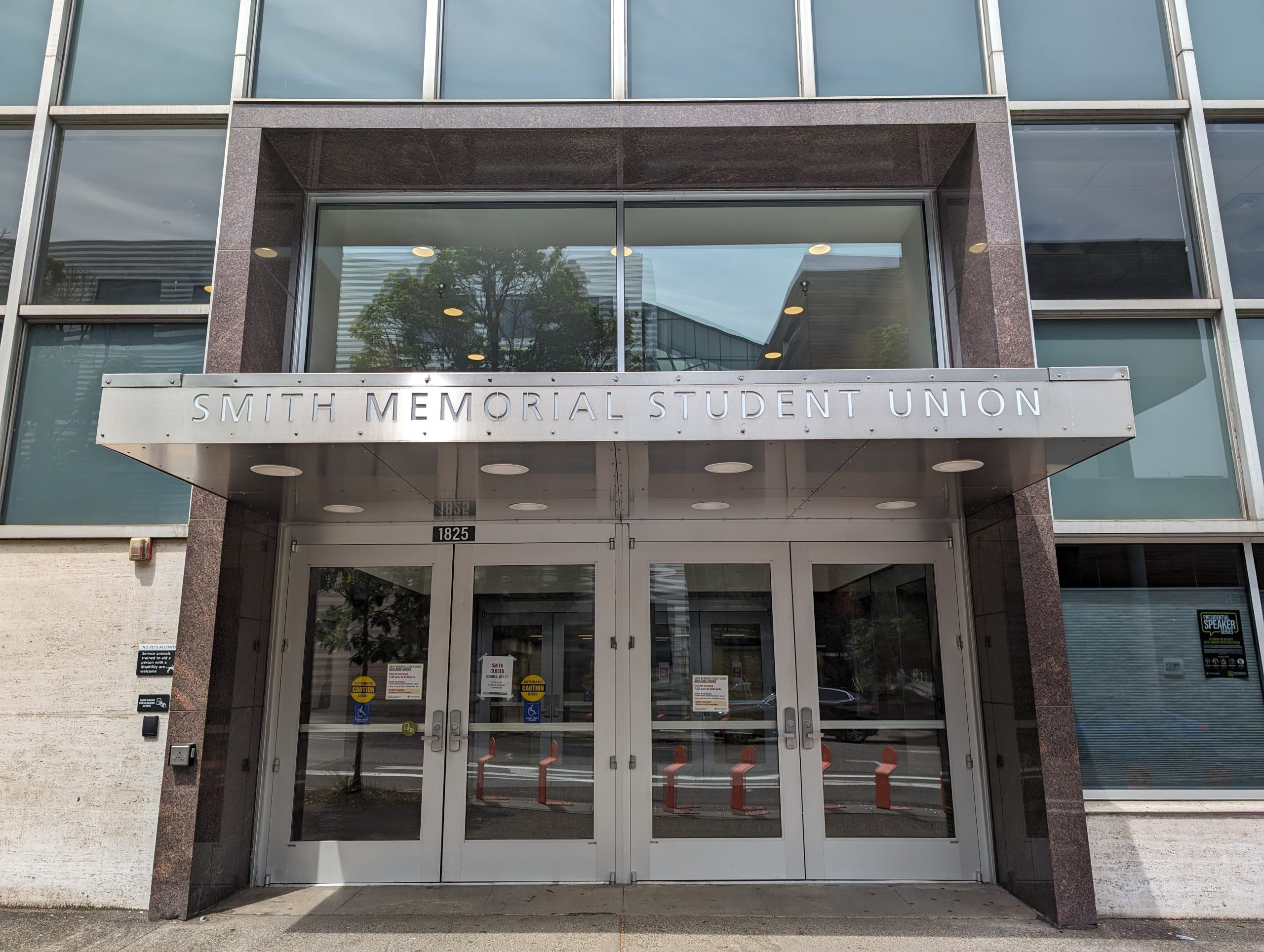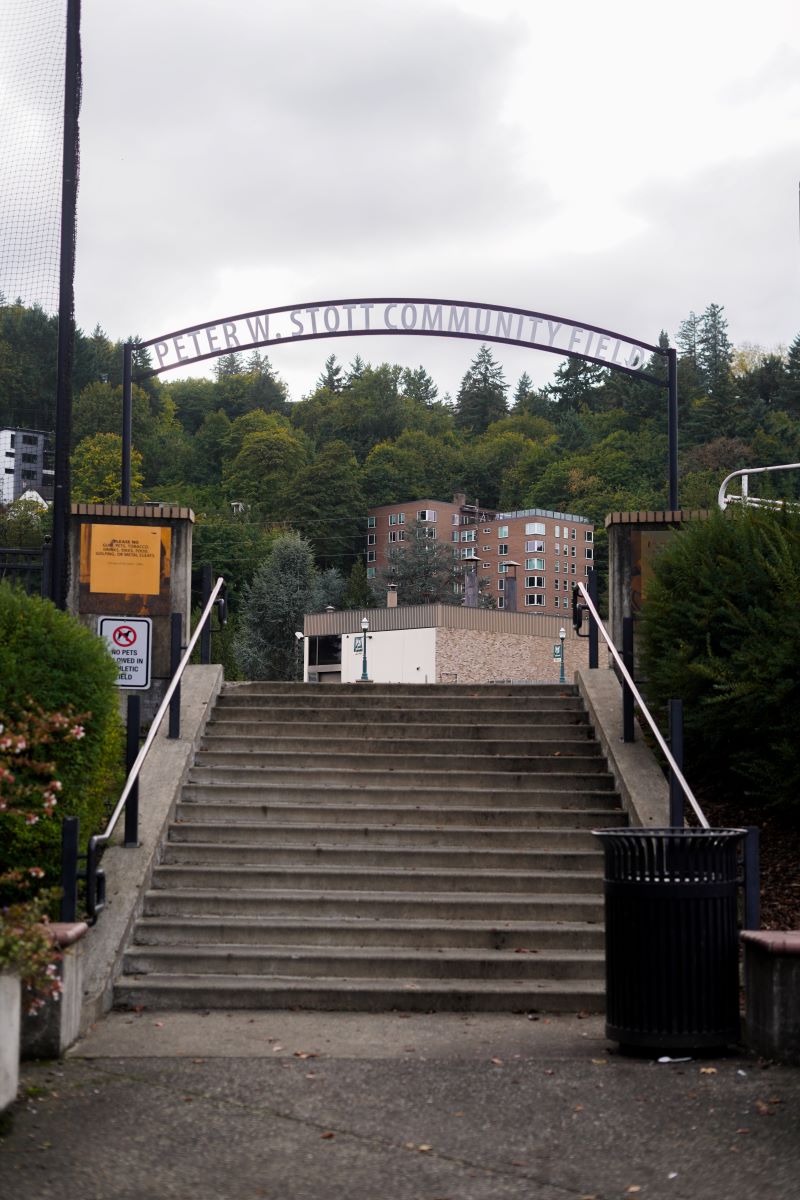The Oregon Department of Environmental Quality (DEQ) cited Portland State on March 14 for multiple violations regarding its underground storage tanks (UST), which hold fuel for emergency generators.
The DEQ report highlighted several specific violations at two UST locations at Smith Memorial Student Union (SMSU) and the Fourth Ave Building. These tanks are crucial as they provide fuel for backup generators.
“The University has two underground storage tanks (USTs) locations noted in the DEQ report at Smith Memorial Student Union and Fourth Ave Building that provide fuel for backup generators that service those locations,” stated Jeffrey Rook, Director of Environmental Health & Safety at PSU.
The UST system at SMSU has a capacity of approximately 1,000 gallons of diesel fuel, which powers an emergency generator. The second UST system, located at the Fourth Avenue Building, has a capacity of approximately 20,000 gallons of diesel fuel and also powers an emergency generator, DEQ’s penalty order stated.
The cited violations included failing to have adequate release-detection equipment, failing to test spill-prevention and overfill-prevention equipment, failing to conduct line-tightness testing on piping at the SMSU facility and failing to conduct annual operation- and maintenance-walkthrough inspections.
These violations came to light after DEQ updated its regulations in Oct. 2020, which meant the previously compliant USTs no longer met the new standards.
PSU responded by hiring a contractor to upgrade the tanks and ensure compliance with the new DEQ requirements. “These types of USTs were previously exempt from DEQ rules,” Rook stated. “With the updated DEQ rules, which went into effect in October 2020, the UST were not in compliance.”
In response to the DEQ’s findings, PSU has taken several actions to address the violations. “PSU has made the required repairs and upgrades and completed the testing to ensure the tanks do not leak,” Rook stated. The university has also provided updated training for the facilities teams responsible for the USTs to reflect the new DEQ requirements.
Moreover, PSU is discussing with the DEQ a potential reduction in the $25,472 fine they currently face for the violations. “PSU is working with the DEQ to reduce the total civil penalty based on the corrective actions taken by the University,” Rook stated.
Proper release-detection and spill-prevention measures are crucial to minimizing health and environmental risks. “The requirements for release detection and spill prevention are in place to ensure that potential spills or leaks from the tank are detected quickly and can be corrected,” Rook stated.
Although no leaks or spills have been reported at PSU’s UST locations, the newly implemented equipment and procedures are designed to enhance response times and reduce environmental impact in the event of an incident.
Even though no reports of spillage were found and the updated DEQ requirements went into effect in Oct. 2020, the key findings from the DEQ letter stated that the tank monitor for the UST system at SMSU was non-functional—with the last tank-tightness test conducted on Sept. 30, 2017.
The UST piping at SMSU—which routinely contains diesel fuel—did not meet the required standards and had not undergone line-tightness testing since Nov. 2016.
To prevent future violations, PSU has implemented continuous monitoring and maintenance protocols for its USTs. “The upgraded leak detection system allows for continuous monitoring so facility personnel can respond to an incident,” Rook stated. Facilities staff have also received training on the new inspection requirements and are using a computerized maintenance management system to track reports and ensure compliance.
PSU has consistently been recognized for its sustainability efforts, ranking among the top 50 sustainable colleges in the United States by Princeton Review’s Guide to Green Colleges and the Sierra Club’s Cool Schools. Regarding the potential impact of the DEQ violations on this reputation, Rook expressed confidence that the corrective measures would mitigate any negative effects. “We have completed the required repairs, testing, and training, we do not believe these violations will affect our standing and reputation in these rankings,” he stated.
The recent DEQ violations concerning PSU’s underground storage tanks have prompted the university to make necessary upgrades and adjustments to meet updated regulations. While the situation has been addressed with corrective actions and enhanced training, it underscores the importance of ongoing vigilance in environmental compliance.






